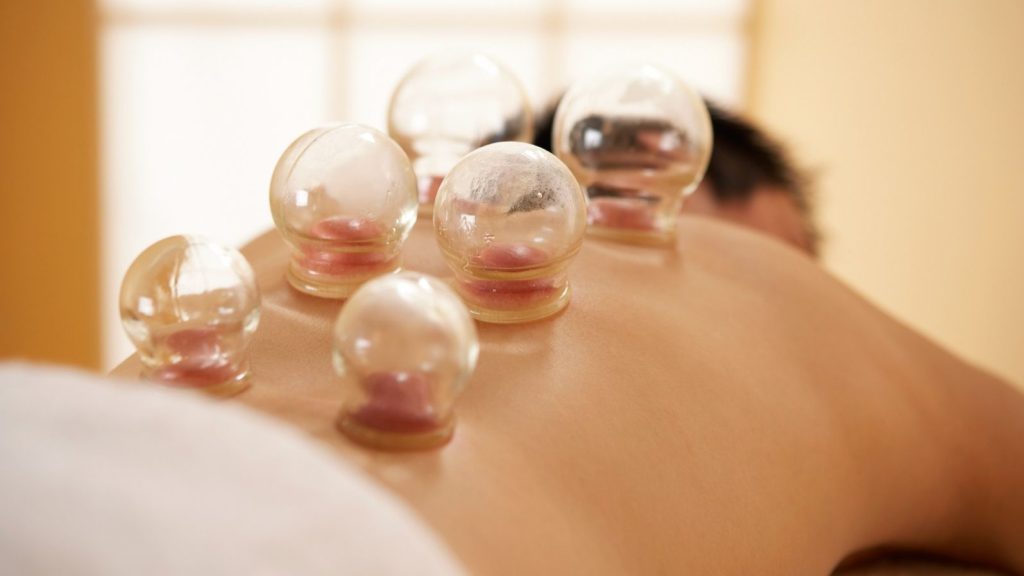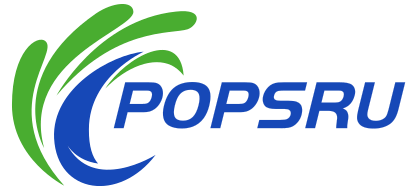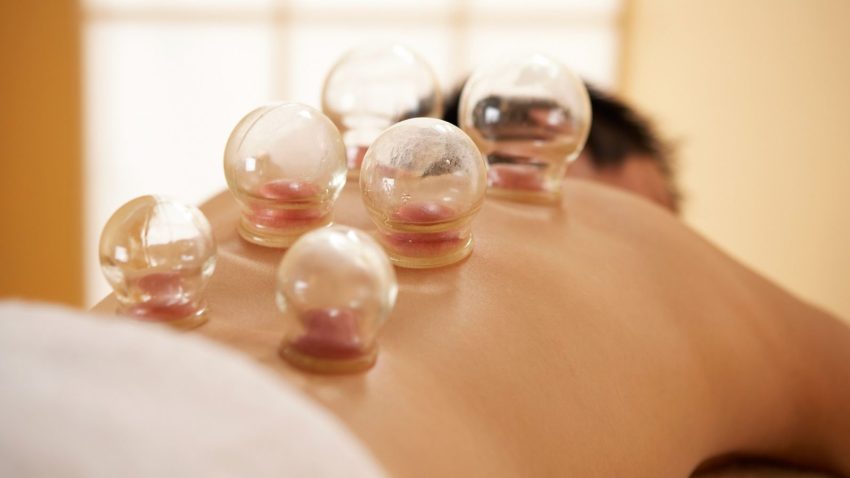
In a bid to safeguard public health and combat the proliferation of pseudotherapies, the Spanish Ministry of Health has undertaken a comprehensive analysis of various alternative treatments. Through its “Plan for the protection of health against pseudotherapies” (ConPrueba), the Ministry aims to evaluate the efficacy, safety, and underlying principles of these practices. This initiative, initiated in 2018, has recently released eight new reports on pseudotherapies, shedding light on their potential benefits and risks.
Introduction to Pseudotherapies
Pseudotherapies encompass a wide range of alternative treatments that often lack scientific evidence to support their efficacy or safety. These therapies may include practices such as cupping, tai chi, aromatherapy, and others, which are promoted as solutions for various health issues without adequate validation from medical science.
The Ministry’s Evaluation Process
The Spanish Ministry of Health, in collaboration with the Spanish Network of Health Technology Assessment Agencies, has conducted thorough evaluations of pseudotherapies to determine their validity and potential risks. These assessments involve reviewing existing literature, analyzing clinical studies, and consulting with experts in relevant fields.
Insights from the Reports
Cupping Therapy (Vacuoterapia)
Cupping therapy involves the application of heated cups to create suction on the skin, purportedly to treat musculoskeletal conditions. However, the Ministry’s report highlights inherent risks associated with the technique, particularly with wet cupping, and notes the lack of conclusive evidence supporting its efficacy.
Tai Chi
Tai Chi, characterized by gentle, flowing movements, is recognized for its potential benefits in improving overall well-being and reducing pain, especially in musculoskeletal disorders. However, its efficacy as compared to other forms of exercise remains a subject of further investigation.
Light Therapy (Luminoterapia)
Light therapy, utilized for mental health conditions, involves exposure to bright light to alleviate symptoms. Despite its widespread use, the Ministry’s report underscores the lack of sufficient evidence to support its effectiveness in treating various mental health disorders.
Conscious Breathing (Respiración Consciente)
Conscious breathing techniques aim to reduce stress and anxiety by focusing on mindful breathing. While some studies suggest its potential benefits, the Ministry advises caution due to limited evidence and variability in outcomes.
Qi Gong (Chi-Kung/Qigong)
Combining breathwork and movement, Qi Gong is associated with potential health benefits, particularly in stress reduction and improving quality of life. However, the Ministry emphasizes the need for further research to validate its efficacy and safety.
Zerobalancing
Zerobalancing, a bodywork technique, claims to restore balance and energy flow in the body. Despite its popularity, the Ministry’s report highlights the lack of scientific evidence supporting its therapeutic effects.
Aromatherapy
Aromatherapy utilizes essential oils for various physical and psychological symptoms. While it may offer some relief, particularly in cardiovascular conditions and menstrual pain, the Ministry warns of potential adverse effects and emphasizes the need for cautious use.
Techniques Based on Sensory Induction (Técnicas de Relajación)
Techniques such as autogenic relaxation involve inducing sensations of warmth or heaviness to achieve deep relaxation. While promising, the Ministry stresses the need for further investigation into their safety and efficacy.
Implications and Recommendations
The Ministry’s comprehensive evaluation of pseudotherapies serves as a valuable resource for healthcare professionals and the general public. By disseminating evidence-based information and raising awareness about the potential risks associated with alternative treatments, the Ministry aims to protect individuals from harm and promote informed healthcare decisions.
Conclusion
In conclusion, the Spanish Ministry of Health’s initiative to evaluate pseudotherapies provides valuable insights into the efficacy, safety, and underlying principles of alternative treatments. While some practices may offer potential benefits, others pose significant risks and lack scientific validation. By promoting evidence-based medicine and enhancing public awareness, the Ministry endeavors to safeguard public health and well-being.

